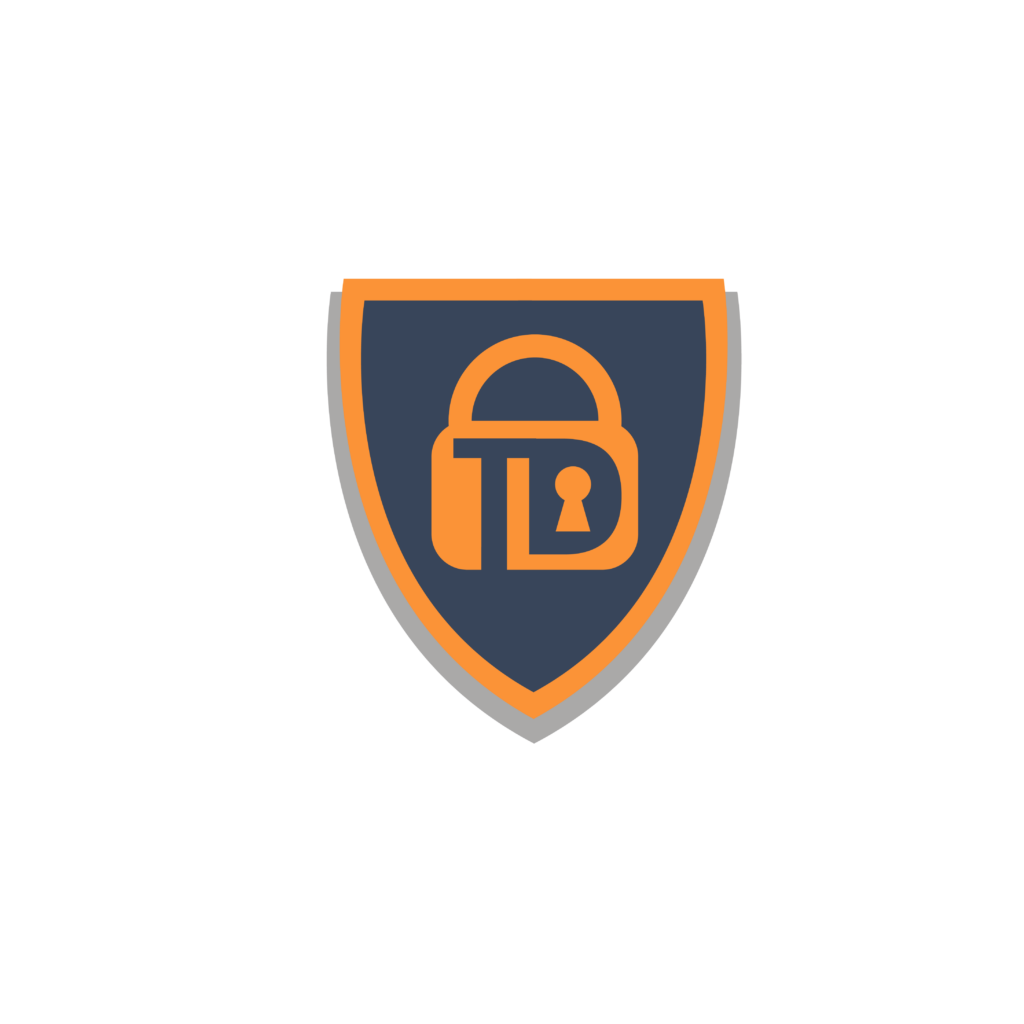Introduction
In an increasingly interconnected world, where data flows seamlessly across borders, protecting data and networks has become a paramount concern. On February 12, 2024, the White House convened a high-level roundtable discussion, bringing together leaders from government agencies, private industry, and academia. The central theme: Protecting Our Nation’s Data and Networks from Future Cybersecurity Threats.
The Quantum Computing Challenge
At the heart of this discussion lies the emergence of quantum computing—a technological leap that promises to revolutionize computation. Unlike classical computers that rely on binary bits (0s and 1s), quantum computers leverage the principles of quantum mechanics. Their qubits can exist in multiple states simultaneously, enabling them to perform certain calculations exponentially faster than their classical counterparts. However, this very advantage poses a cybersecurity risk: quantum computers could potentially break commonly used forms of modern encryption.
The roundtable participants grappled with the implications of quantum computing for national security. How do we harness its potential while safeguarding our critical systems? How can we ensure that our encryption methods remain robust in the face of quantum threats?
National Security Memorandum 10 (NSM-10)
Central to the discussion was National Security Memorandum 10 (NSM-10), issued by the White House. This directive underscores the need to promote United States leadership in quantum computing research and development. Simultaneously, it emphasizes the importance of mitigating risks to vulnerable cryptographic systems. NSM-10 serves as a compass, guiding our efforts to strike a delicate balance between innovation and security.
Encryption Technology and Zero Trust Cybersecurity
Encryption—the art of encoding information to protect its confidentiality—was a recurring theme. Participants stressed that encryption is not merely a technical detail; it is foundational to trust, privacy, and competitiveness. Strong encryption ensures that sensitive data remains confidential, whether it’s a classified government document or an individual’s personal health records.
Moreover, the roundtable delved into the concept of zero-trust cybersecurity. Traditionally, network security relied on perimeter defenses, assuming that internal systems were inherently trustworthy. Zero trust flips this paradigm. It posits that no entity—whether inside or outside the network—should be trusted implicitly. Every user and every device seeking access must undergo rigorous verification. Zero trust is not just a buzzword; it’s a mindset shift that aligns with the evolving threat landscape.
Quantum Computing’s Impact on Innovation
Gretchen Campbell, Deputy Director of the National Quantum Coordination Office, eloquently articulated the potential of quantum computers. While their full range of applications remains unknown, one thing is clear: quantum computing will drive innovation across the American economy. From drug discovery to optimizing supply chains, quantum algorithms hold promise. Maintaining a competitive edge in quantum computing and quantum information science is essential for our technological and scientific leadership.
Commitment to Cybersecurity
Caitlin Clarke, Special Assistant to the President and National Security Council Senior Director for Cybersecurity and Emerging Technology, stood firm on the administration’s commitment. As quantum computing inches closer to practicality, our cyber defenses must adapt. The Biden-Harris Administration recognizes that securing our digital future requires collaboration, investment, and foresight.
Conclusion
The White House roundtable was a call to action. It underscored the urgency of collective efforts. Protecting our nation’s data and networks is not a solitary endeavor; it’s a shared responsibility. As quantum computing continues its relentless march, we must stay ahead, anticipate threats, and fortify our defenses. Our digital resilience depends on it.
In this critical mission, companies like TeraDact play a pivotal role. TeraDact, a leading cybersecurity company, specializes in data encryption solutions. Our cutting-edge research and innovative technologies ensure that your data remains secure even in the face of quantum threats. As we navigate the complexities of the digital age, collaborations between government, industry, and forward-thinking companies like TeraDact will shape our cyber landscape for years to come.
For the full readout, visit the White House Briefing Room.

